“The intention from the very beginning was, ‘Let’s make a documentary that feels like a Michael J Fox movie'”: Davis Guggenheim on Still – A Michael J Fox Movie
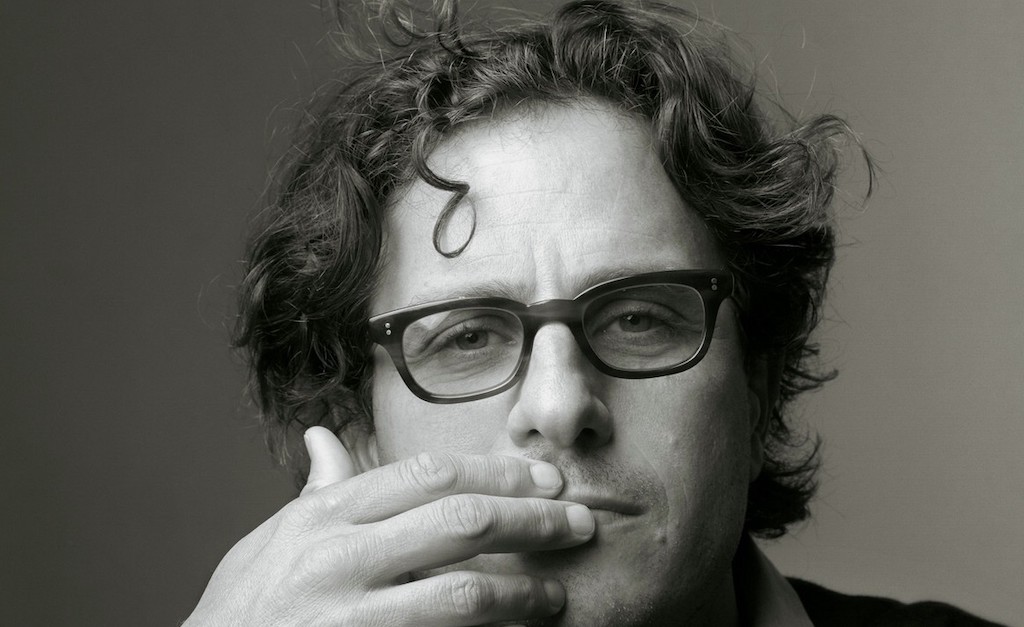
Still: A Michael J Fox Movie is an Apple TV+ release that documents the early rise to fame of Back to the Future and Family Ties comedian and actor Michael J Fox. The film – directed by Davis Guggenheim, edited by Michael Harte and with musical scoring from John Powell – uses the multiple memoirs written by Fox, a series of reenactments, audio from the actor’s reading of the books and clips from his filmography to piece together a compelling narrative on his journey through acting, meeting his wife Tracy Pollan and his struggle with Parkinson’s disease. It’s a vibrant feature full of funny misadventures, but also a lot of heart, as Fox lives and grows with his Parkinson’s through the years.
Director Guggenheim is a film documentarian who has worked with several big names such as Microsoft co-founder Bill Gates (Inside Bill’s Brain: Decoding Bill Gates), former US vice president Al Gore (An Inconvenient Truth) and Nobel Peace Prize laureate and activist Malala Yousafzai (He Named Me Malala). A fan of Fox’s films, Guggenheim first got hooked on the prospect of working with the actor when he read his memoirs and found something deeper in them. The Upcoming caught up with the director ahead of the 12th May release of the feature to discuss the editing process of Still: A Michael J Fox Movie, the exclusion of Fox’s voiceover work from the documentary and the pros and cons of cinema versus streaming.
How did you initially get involved in the project?
I read an interview with Michael J Fox in the New York Times. He was promoting his last book – his latest book, which is now three years ago – and I was just curious about it. You know, when they print the actual text of the interview, the question and answer? I was like, “Wow, this guy is not who I thought he was.” It was a very dramatic moment he was describing – a very painful fall that he had – and it also was very funny. I was like, “Oh, I like how he writes! Maybe there’s a movie here or something.” I ordered the book, and the best part was that I listened to the book – he narrated it too! Having his voice for the documentary was sort of like a critical piece, and you hear that in the movie.
Were you a big fan of Michael J Fox before working together on Still?
I was a casual fan. I saw Back to the Future and a couple of other movies and was like, “He’s great.” My editor Michael Harte was an über fan and that helped, because I hadn’t seen all his movies or watched his TV shows and stuff.
Which is your favourite book from his series of memoirs?
The last one maybe: No Time Like the Future. The core of the movie is No Time Like the Future and Lucky Man in that a lot of the scenes are pieced from both those books. But they’re sort of cherry-picked, you know? The film’s structure is very different from [the book]. It has a lot of similar pieces but the structure is very different.
How did you fit all the puzzle pieces together with Michael J Fox, mapping it with him for the formation of the film?
I didn’t really talk to him about it at all; I just did it. What was great about it was Michael J Fox just said, “Go make your movie – I trust you.” He liked my movies, he said, “Go make a great movie,” and I did. I put it all together and very close to the [release], I showed it to him. He just trusted me. A lot of the important puzzle pieces – a lot of scenes – are from his books. Then there are other scenes that we shot that were more typical of more traditional documentaries. We assembled all of them, put them together and edited for almost a year before we showed it to him.
You put together archival footage and reenactments for the documentary. Was it hard not to overdramatise Michael’s story, especially when using fictional media?
Some critics will say we overdramatised the movie. Maybe someone who might be a traditional documentary purist might say we can’t do that. The intention from the very beginning was, “Let’s make a documentary that feels like a Michael J Fox movie.” In many ways, an 80s Michael J Fox movie is very exuberant, very sort of unabashed and full-throated, so we said, “Why not have big songs like Guns ‘n’ Roses and the Beastie Boys, and why not have a big score and make it feel like a wild ride?” From the beginning, that was my first instinct: to do something which is very different.
You said you were a casual fan of Michael. How was the editing process for you – going through thousands of hours of film and TV footage to find the clips you wanted to use?
Michael Harte, the editor, was a big fan and he knew everything. We had a team that went through all the footage and I watched all the movies. I didn’t watch every episode of his television show, I’ll confess. Michael Harte did that. We got a full immersion of that stuff, and we had our team look for every moment after his diagnosis where you could see him hiding his hand – the one with the pinky. First, it was the pinky, then his hand, then his arm would shake. That was really interesting because it was mostly Spin City. But some of his other later movies actually serve in the documentary as a historical archive, because, even though it’s an episode of entertainment on ABC, you’re seeing him – a person at work – hiding his diagnosis.
Typically, most documentaries interview more than just the subject. Was it deliberate in Still to only ever interview Michael?
I was originally not going to interview him; I was like, “No interviews” – the term is “talking heads”. I didn’t want to have any talking heads in the movie. I didn’t want it to feel like a documentary; I just wanted it to feel like a movie. Then, about halfway through, I was like, “Well, let me just try this one interview.” He and I sat really close to each other, looking at each other, and the conversation was so much fun. He provided so much wisdom and insight, and I thought, “Oh, this’ll work.” My instinct was not to do the interview, but, when I did the interview, I wasn’t sure I would even use it. That was the biggest discovery: that interview really becomes the thread of the movie.
Was there any part of that interview that didn’t make it into the final cut of the film that you wish could have?
There were so many moments that were funny, so many moments where he was very witty, very moving. That’s the tragic part of making documentaries – or any movies – is the things you can’t put in. There’s an amazing scene… it’s one of the first scenes we cut where he’s sitting on a park bench and he’s watching people walk and studying how they walk, and how he sort of needs to learn how to walk again. It’s a beautiful scene that Michael Harte cut. I used to show people and they were like, “Oh my god! This is going to be amazing!” – but we could never find a place for it in the movie.
The other part of Michael J Fox’s success is his voice acting. Why was there no mention of that in the film? Was it a deliberate choice not to explore his transition from live to voice acting, in terms of his Parkinson’s disease?
Well, that’s interesting to say. It wasn’t an intention not to use it, because we used his books on tape – meaning, he has written four books, mostly those two books I’ve mentioned – you’re hearing his voice that way. Using his voice in another way, like Stuart Little – I think it would’ve been hard to put it in the movie. You’d be cutting to a cartoon and you’d hear his voice in another mode. To be honest, we didn’t try it. Maybe we missed an opportunity! What’s interesting is the quality of his voice changes from book to book. The quality in his voice in Lucky Man – which was several years before the most recent book – you could hear the difference. His Parkinson’s had progressed, and then the quality of his voice in the current interview was even more pronounced. In the beginning, we worried a lot because you can’t intercut, because it sounds so different. That’s what we really thought about. I think we just had a wealth of voiceovers and were more desperate for his on-camera work – because you want to see him! My favourite scenes from the movie are after he tells the world he has it and he’s acting in Curb Your Enthusiasm.
You’ve done quite a lot of documentaries now. Do you take a little piece of something you learned from your last documentary to whatever new one you’re working on?
Always. They’re so different but, at their core, they’re kind of similar. All of my movies are about people we know, from Malala, Al Gore to Bill Gates. The challenge is how you penetrate the surface of that: you know Bill Gates – or you think you know Bill Gates; you know Malala – or you think you know Malala. How do you, as a documentary filmmaker, go really deep and describe a person in a complex way that the audience has never seen before? That’s exactly the same assignment for me. But this is very different because Michael’s so funny and he’s so different. The tone on the surface is very, very different, but the actual mode of working is exactly the same. How do you get the notes on so well that they come off in a compelling way? And how do you find the pieces of their person? How do you take their story and find the pieces that could create a great narrative?
You said earlier that you wanted this documentary to feel like a Michael J Fox film. Do you think more documentaries should have a shot at theatrical releases, rather than streaming services?
That’s a really big question. We streamed the movie at a theatre last week and it was incredible; nothing compares to watching something together. Apple’s been in big support of that, so I hope the movie keeps doing that. For the next couple of months, we’re going to be going on screens and there’ll be a short theatrical run. On the other hand, there was a time when I made my documentaries and people couldn’t even watch them. They couldn’t even find them! To have the movie permanently available – that anyone can see it instantaneously – is kind of extraordinary. There’s a trade-off, like everything in life. I want people to see it in theatre on the big screen, but I also want people to see it. Luckily, at this point, you can do both!
Mae Trumata
Still: A Michael J Fox Movie is released on Apple TV+ on 12th May 2023. Read our review here.
Watch the official trailer for Still: A Michael J Fox Movie here:


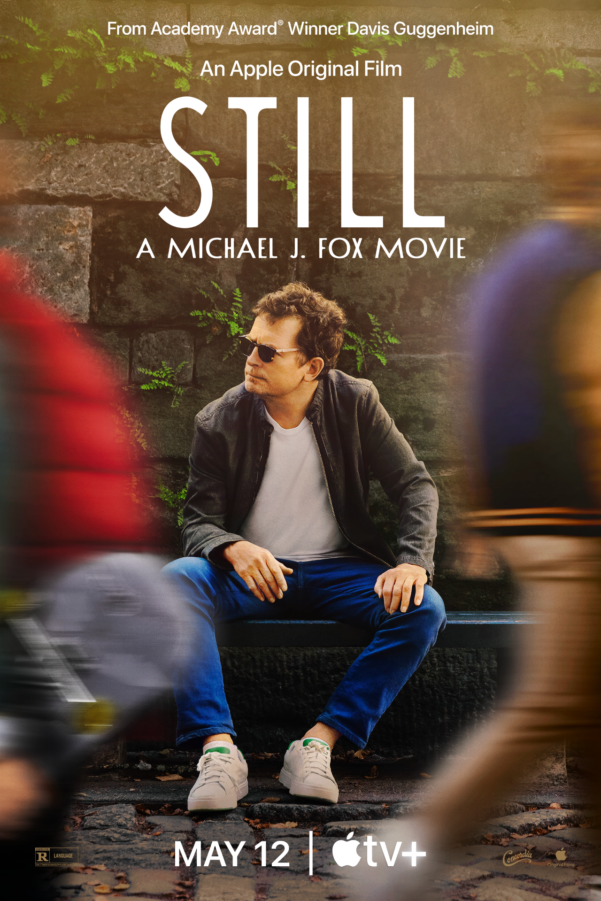
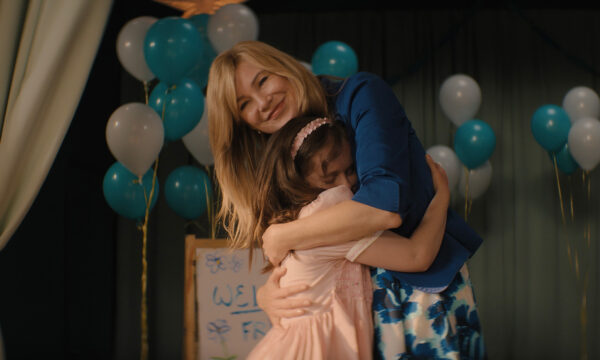
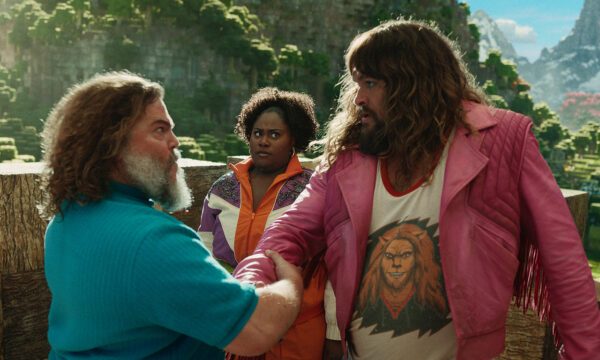
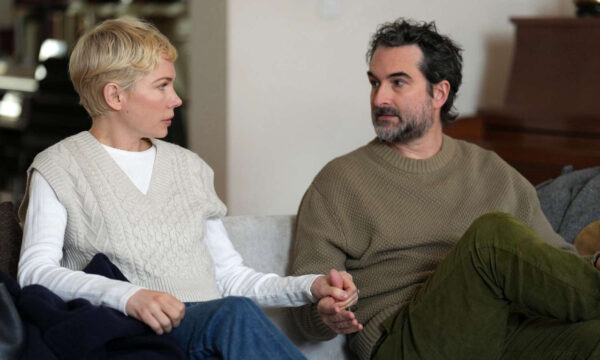
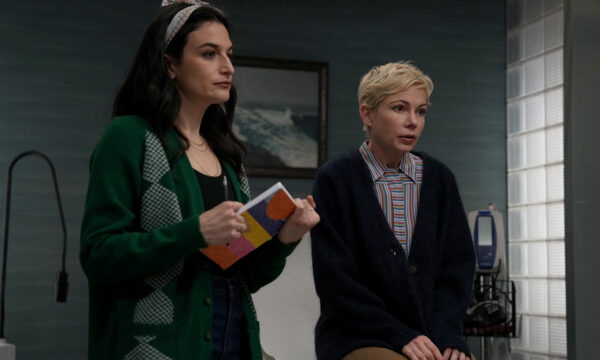


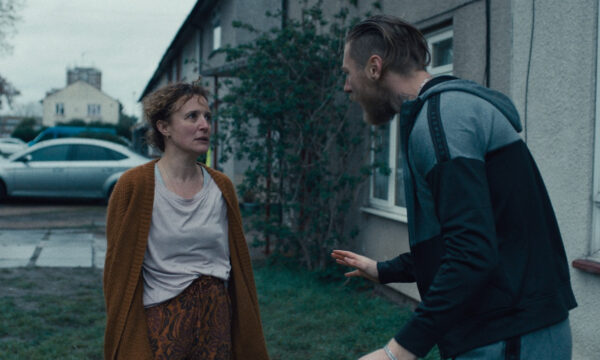











Facebook
Twitter
Instagram
YouTube
RSS